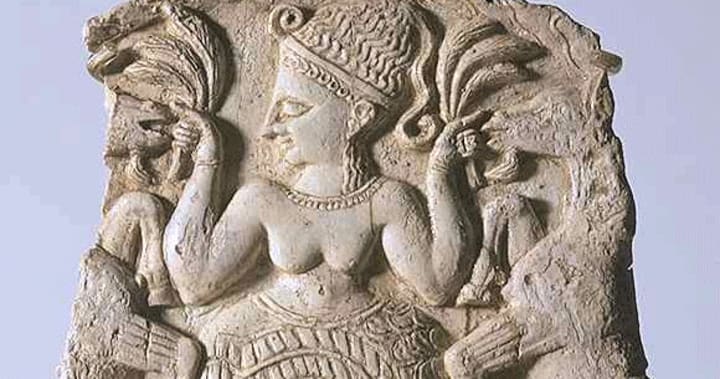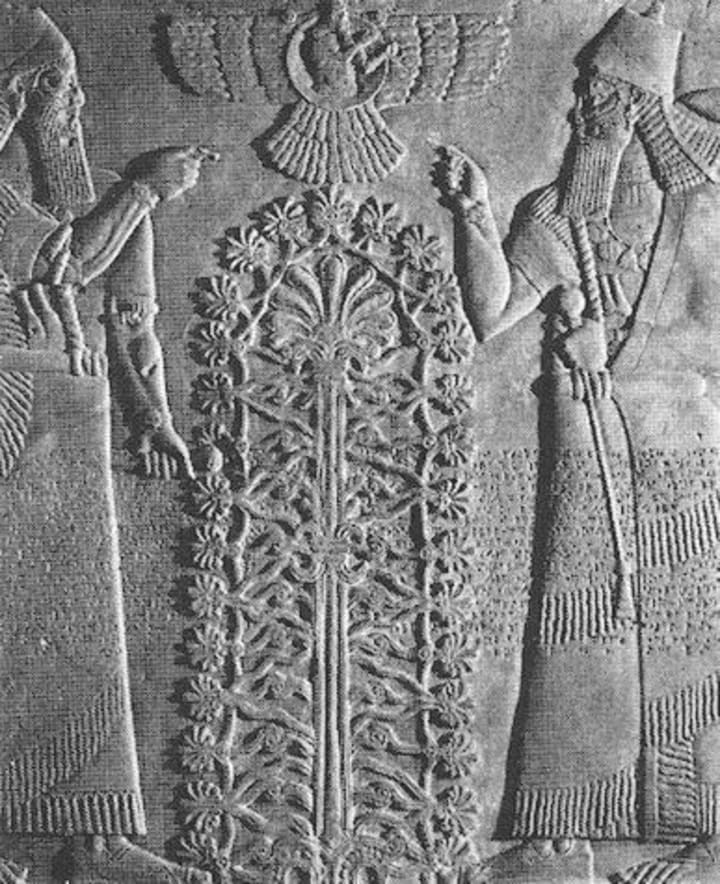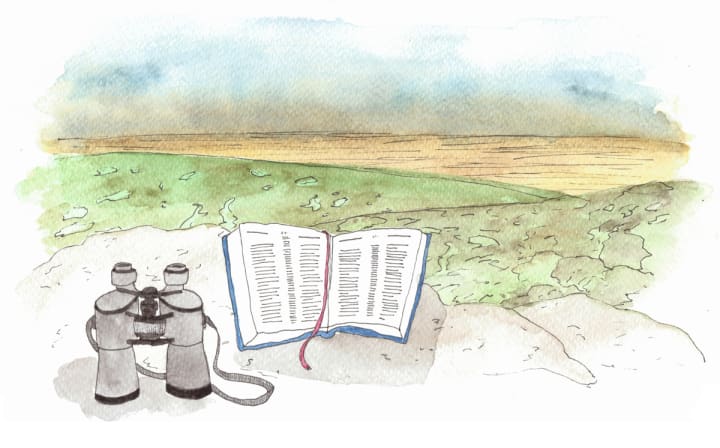
"Unraveling the Enigma of Asherah in Biblical Context"
Asherah, also known as Ashtoreth, emerges as a pivotal figure within the pages of the Bible, casting light on the historical tapestry of ancient beliefs. This name is linked to a pagan fertility goddess, accompanied by a wooden cult object dedicated to her worship. Within the biblical narrative, Asherah predominantly manifests as a sacred pole, erected as a tribute to this fertility deity. References within scripture extend to carved images depicting Asherah, emphasizing her influence and presence within the religious practices of ancient times.
Notably, the appellation "Asherah" translates to "she who enriches." In Ugaritic literature, she is also referred to as "Lady Asherah of the Sea." This deity's influence was felt across ancient Syria, Phoenicia, and Canaan, where distinct civilizations interpreted her presence under different names: the Phoenicians venerated her as Astarte, the Assyrians as Ishtar, and the Philistines as Asherah.

Evidence of Asherah worship emerges prominently in biblical narratives. Notably, it was during the era following Joshua's leadership that Israel's adherence to the Lord's commands weakened. A cycle of compromise, idolatry, and eventual repentance marked this period. Asherah worship became emblematic of Israel's deviation from its divine directives. The allure of the pagan culture proved tempting, leading to a state of compromise where God's commands were disregarded.
Asherah worship also gained ground due to incomplete conquests of the Promised Land, leading to its proliferation among the Israelites. This deviated from the divine plan, whereby Israel was meant to stand apart from neighboring nations. The introduction of foreign deities and practices signaled a compromise that would later have far-reaching consequences.

While Asherah worship was characterized by its pagan roots, the concept of idols and their allure was not confined to the ancient world. In the contemporary context, modern idols have taken on different forms, often emerging as unquenchable desires for recognition, acceptance, or material possessions. The allure of idols often lies in their promise of escape from life's challenges, offering a temporary reprieve.
However, scripture serves as a reminder of the dangers posed by idol worship. Ancient Israel's deviations from God's commands led to His anger and retribution. In the modern era, these principles remain pertinent. Idolatry is not limited to the veneration of physical idols; it extends to any pursuit that takes precedence over our relationship with God.

Understanding the concept of idol worship calls for a return to scripture and adherence to its teachings. The messages conveyed by biblical narratives emphasize the significance of placing God at the center of our lives, resisting the allure of idols, and seeking His guidance in all aspects. Scripture reminds us of the consequences that befall those who replace the Creator with the created and the importance of heeding God's commandments to avoid the pitfalls of idolatry.
In conclusion, the story of Asherah in the Bible transcends its ancient origins, offering invaluable insights into the complexities of human spiritual inclinations. The worship of idols, both past and present, remains a formidable challenge. The biblical narrative serves as a guide, reminding us of the eternal importance of keeping our hearts and minds focused on God and resisting the allure of worldly distractions that threaten to lead us astray. By understanding the dangers posed by idolatry, we can navigate the modern landscape with a renewed commitment to honoring God above all else.
From old shadows, Asherah arises, a goddess of failing to remember stories. Her name reverberates through time, an image of veneration and riddle. In the midst of hallowed shafts and cut pictures, her presence waits, charming hearts across societies. A god covered in persona, Asherah entices us to uncover the mysteries of her heavenly excursion through history's pages.






Comments
There are no comments for this story
Be the first to respond and start the conversation.